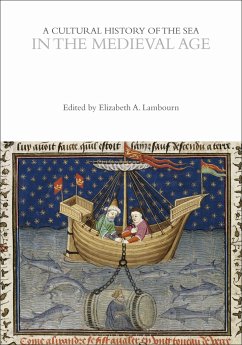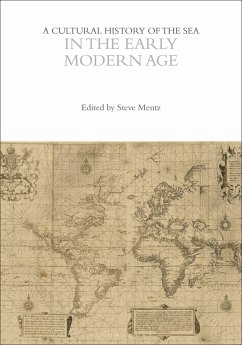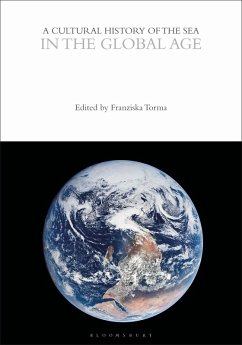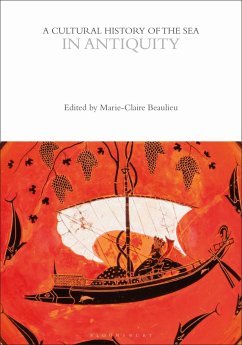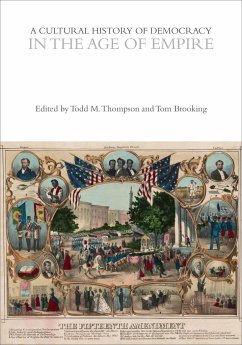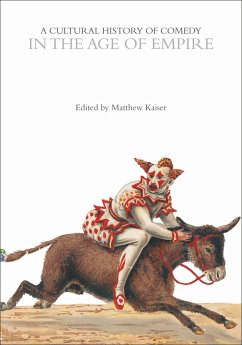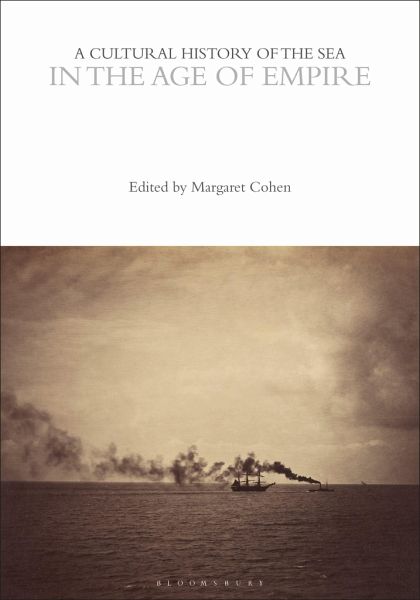
A Cultural History of the Sea in the Age of Empire
Versandkostenfrei!
Versandfertig in über 4 Wochen
36,99 €
inkl. MwSt.

PAYBACK Punkte
18 °P sammeln!
Across the 19th century, maritime globalization expanded at a hitherto unimaginable pace, transforming transport and communications over the seas into oceanic networks at a planetary scale. These networks shaped culture in its most expansive sense, affecting seafaring, warfare, empire, commerce, communications, passenger travel, leisure and science. Authors recover the sea experience of people and groups entangled with and yet neglected in an earlier generation of maritime history focused on conquest, empire, and knowledge. Thus, across a century when Britannia nominally ruled the waves, milit...
Across the 19th century, maritime globalization expanded at a hitherto unimaginable pace, transforming transport and communications over the seas into oceanic networks at a planetary scale. These networks shaped culture in its most expansive sense, affecting seafaring, warfare, empire, commerce, communications, passenger travel, leisure and science. Authors recover the sea experience of people and groups entangled with and yet neglected in an earlier generation of maritime history focused on conquest, empire, and knowledge. Thus, across a century when Britannia nominally ruled the waves, military control emerges as both opportunistic, harboring slavers, as well as partial, giving agency to mutineers and enslaved crew members, including on the Royal Navy's own fleet; the wreck of Arctic exploring voyages such as the Erebus and the Terror takes readers to PanInuit exploration over sea ice around the Arctic circle; colonial and mercantile transport in the Indian Ocean reveals the role of lascars, the seafarers of color who for centuries had practiced these waters; on the coasts of industrial nations, the professional establishment of marine sciences depends on the pathbreaking contributions of female amateur naturalists. As part of its revisionary aim, this volume gives voice to the physical environment. Thus, we discover contrasting perspectives about this environment under threat today of European mariners for whom it was deadly and treacherous, and for maritime Aborigines who lived in its shelter. Considering literature and art as well as history, authors further trace how the paradoxes of sea practice shape some of the most memorable ocean fantasies of the Western tradition, fostering both a celebration of work and technology, and a preservation of secular magic in a disenchanted world.



